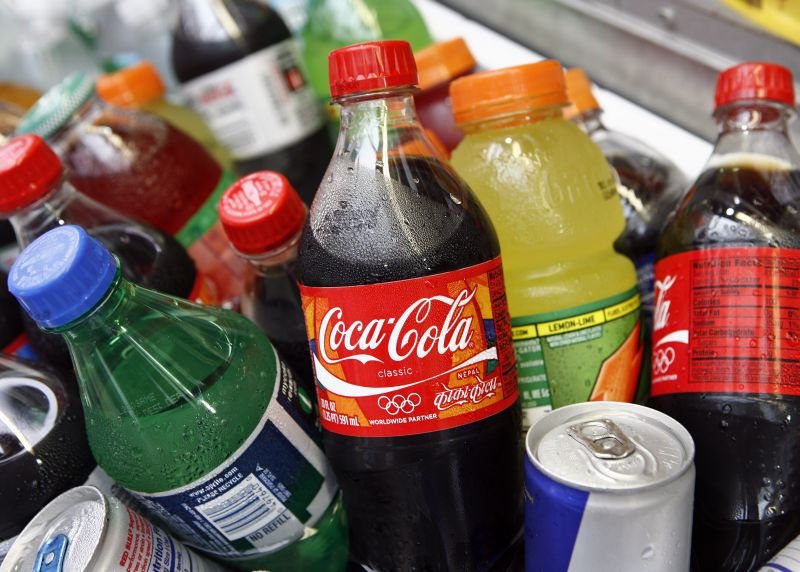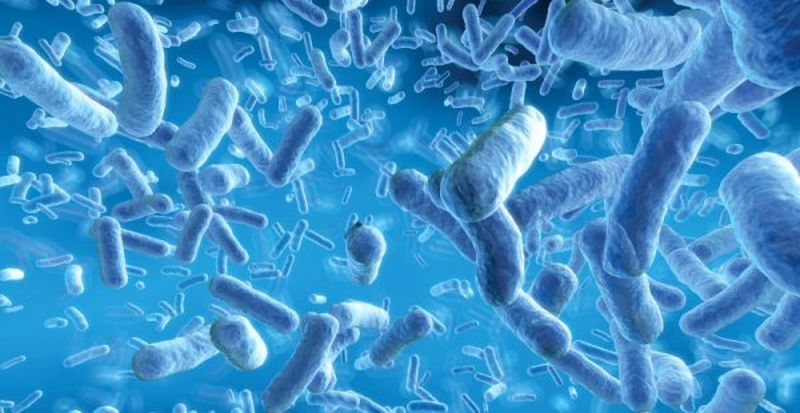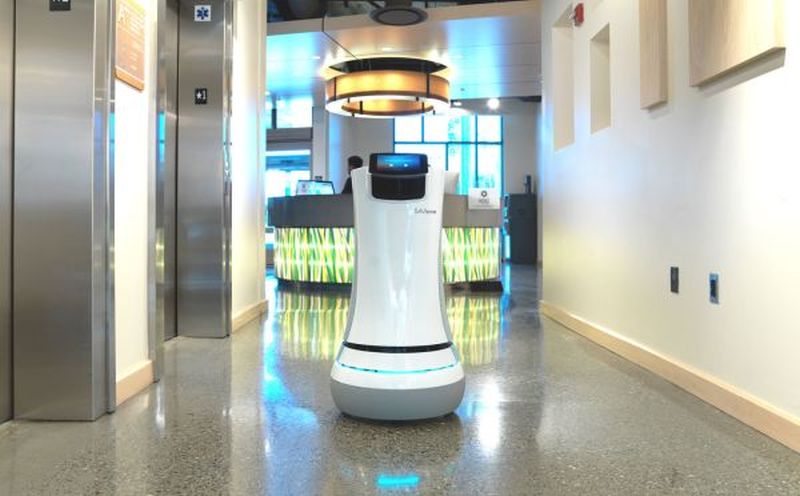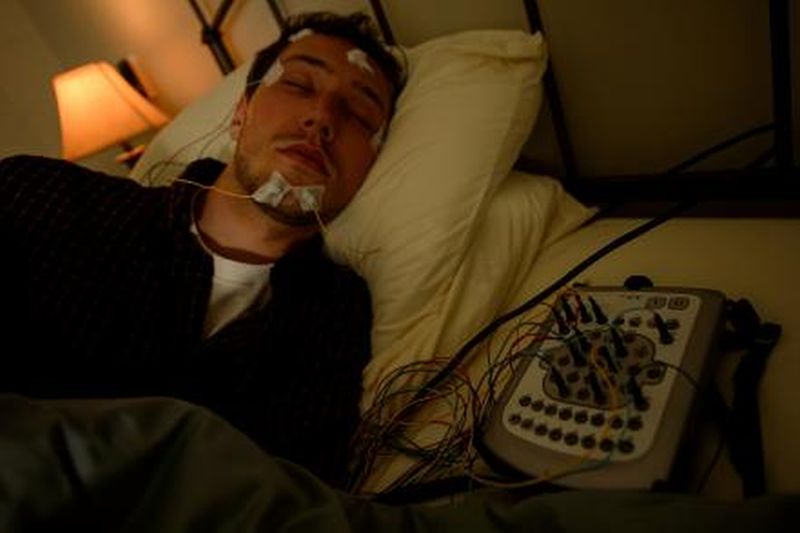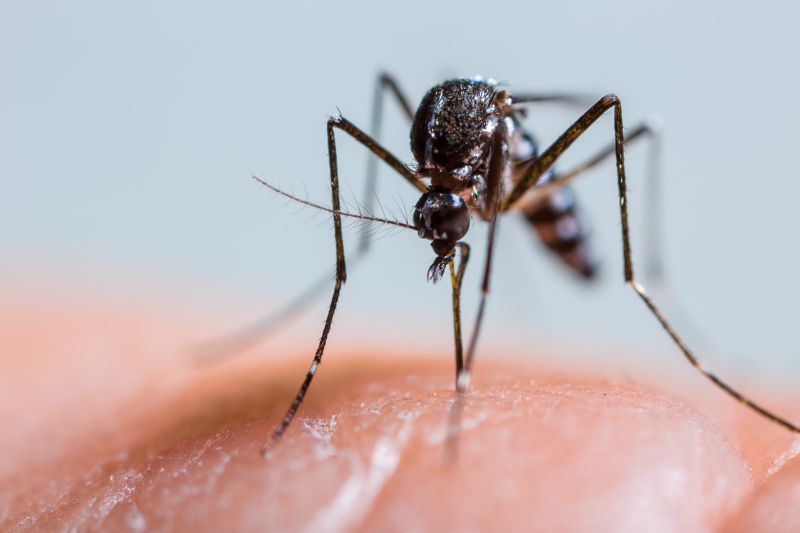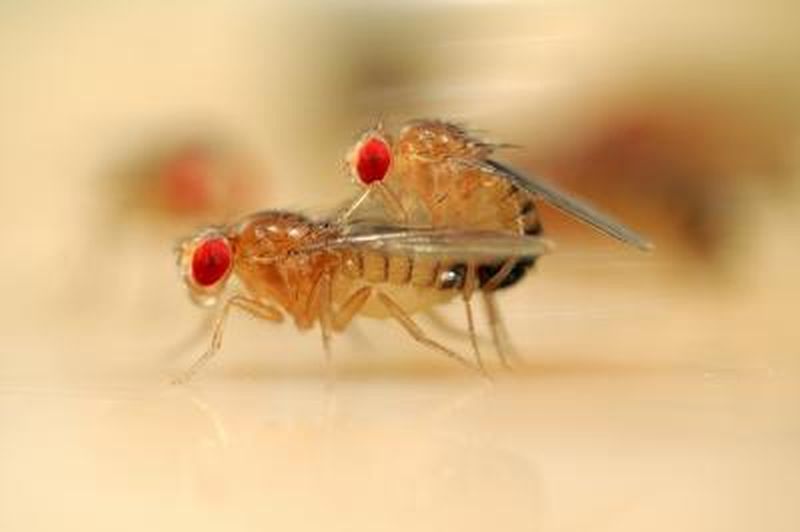High intake of sugar-sweetened beverages (containing high sugar or high fructose corn syrup content) are responsible for obesity, diabetes, coronary heart disease and other disorders. But recently, experts have found that these beverages when consumed (especially in adolescent age) can lead to poor memory and learning skills.
Read MoreAuthor: Neha Shukla
Mutant Gene to Control Weight Gain: No More Diet Plans
Good news for all the folks who often fail to resist the tempting calorie loaded mouth watering food and in turn keep gaining weight. According to a latest research, scientists very soon will create a pill that can keep a check on individual weight without having to sacrifice on favorite foods like cakes, burger, pizza and ice cream.
Read MoreMicroscopic Organism controls Human Mind: Manipulative Microbes
Lack of strong willpower in us is to be blamed for not able to follow a strict diet and an exercise regime regularly. Along with this, a bacterium that resides in our gut too is responsible for not performing the action on regular basis. According to a new research, bacteria residing in our gut also play a significant role in altering our appetite and mood, making us succumb to consume as per their requirement and slowly leading us towards obesity and other diseases.
Read MoreSaviOne the Butler Bot: Service Robot for Hospitality Industry
Last year we talked about James, the new Barman and now we would be witnessing a robot butler developed by Savioke (pronounced “savvy oak”) entering the hospitality industry to maximize customers’ experience. As of August 20, Savioke’s first delivery robot (Botlr) nicknamed as A.L.O by the hotel, will be seen operating in hotel Aloft in Cupertino, California. In its pilot program, ROS powered autonomous robot, Botlr will be assisting hotel staff in delivering amenities such as mobile charger, towels, brush or even snacks, to the guest’s room and thus saving…
Read MoreBacteria-powered Sensor to detect Water Contamination: On-site Analysis
Impurity free water is of utmost importance for human survival. Unfortunately, millions of people still lack access to safe drinking water. Every year, people in huge numbers die suffering from water borne diseases. Recently, a low cost device has been developed by scientists that can be used in developing nations for monitoring water quality in real time, thus, skipping the requirement of any expensive lab equipments. The traditional processes of monitoring pollutants in drinking water were time taking, costly and involved specialist technical expertise.
Read MoreCarbon Dioxide ‘Sponge’ to reduce Greenhouse Gases: Zero-emission Technology
To control global warming and its severe effects, not just environmentalists around the globe, but President Obama too plans to achieve a 30 percent reduction in carbon dioxide emissions by 2030. The American Chemical Society (ACS) during its 248th National Meeting & Exposition came up with a solution for this worldwide problem. Employing relative of plastic used in manufacturing food containers, they have achieved to create a sponge like plastic, which has a higher efficiency of absorbing carbon dioxide. Researchers now hope that the new material might help in transitioning…
Read MoreSleep Deprivation leads to Memory Errors: Getting Brainwashed
We already know the importance of a good night’s sleep. Taking around 8 hours of sound sleep is considered essential for the body, as it is the time when the brain gets rid of its toxins. But in today’s fast paced life, people often have to give up on their sleep to catch up with other work. This lack of sleep has been already reported as a public health epidemic by the Centers for Disease Control and Prevention.
Read MoreHabitability is Dependent on Ocean: Water bodies Influence Climate Stability
There is a lot of research work going to find traces of life on other planets and to find elements that are essential requisites for sustaining life on other Earth-like planets. All the research done so far using computer simulations were more focused on the atmosphere of these alien planets with Earth-like habitable climates.
Read MoreAn Affordable method of growing Food in Space: Plants with Life Support Systems
With the advancement in science and technology, the day is not far when humans will settle on distant planets or may plan a luxurious holiday on the moon. But arranging enough food supplies for a longer stay is the most challenging part as it occupies considerable room on the spacecraft and sending another spaceship loaded with supplies would be not cost efficient. To tackle the issue, researchers around the world are trying to develop a cost efficient method to grow food in space. This would definitely make future space travel…
Read MoreMosquitoMate comes to Other Insects Rescue: Controlling the Mosquito Population
Mosquitoes all around the world kill more people than any other animal. They are the carriers of many fatal diseases. To control mosquito population, there are chemical pesticides available that are sprayed in mosquito breeding areas using trucks, airplane or backpack sprayer. But these pesticides, along with mosquitoes kill other insects as well. So researchers are busy finding alternate methods to keep a check on these deadly creatures.
Read MoreRotten-egg smell of Farts helps in attenuating Cell Damage: Healing powers of the putrid-smelling
We may not really appreciate someone releasing a fart publicly, but experts from the University of Exeter, suggests that these stinky farts potentially offer great health benefits. Researchers say that hydrogen sulfide gas found in human flatulence and in the foul smell of rotten eggs might be helpful in attenuating cell damage caused by certain diseases. However, one should be careful as the gas in large quantity can be fatal.
Read MoreOdor Receptors in Skin Cells would facilitate Healing of Wounds: Smelling Therapy
After the nose and lungs, experts have found odor receptors (similar to one in the nose), present in skin cells and thus enabling our skin to sense different odors and surprisingly these help in the speedy healing of wounds. Researchers have found nearly 350 distinct varieties of olfactory receptors in the human nose. These receptors detect different odors and begin a signaling process which sends messages to the brain. Apart from nose, 150 olfactory receptors are also located in other internal tissues as heart, gut and liver. Using these receptors,…
Read MoreAntioxidants cannot shield against Cancer: Might accelerate Tumors
Many of us believe that food rich in antioxidants or taking antioxidant supplements is essential for maintaining a healthy life and prevents diseases like cancer, coronary heart disease and altitude sickness. A scientist from Cold Spring Harbor Laboratory and a Chicago colleague has rebutted this popular belief. They propose that a diet rich in antioxidants or antioxidant pills might not be beneficial in shielding against cancer.
Read MoreNeuroendocrine System influences Sexual Behavior: Disclosed Fruit Flies
Researchers are trying to unlock the mysteries of the brain that makes an individual to select a potential mate and study how these processes of selection differ in male than that of the female. The topic sounds interesting, however, studying humans for the purpose is rather difficult and so researchers are studying fruit flies to understand different events during courtship that might be apropos to humans and other creatures as well.
Read MoreGenes Too Influences Will Power: Low Warrior Gene means Poor Self-control
To achieve a goal in life or to live in a society, humans have to exercise will power, to avoid negative thoughts and temptations that can drag them to a wrong direction. Will power is one of the human strength, which like a muscle can be exercised, but genes can also influence it.
Read More
